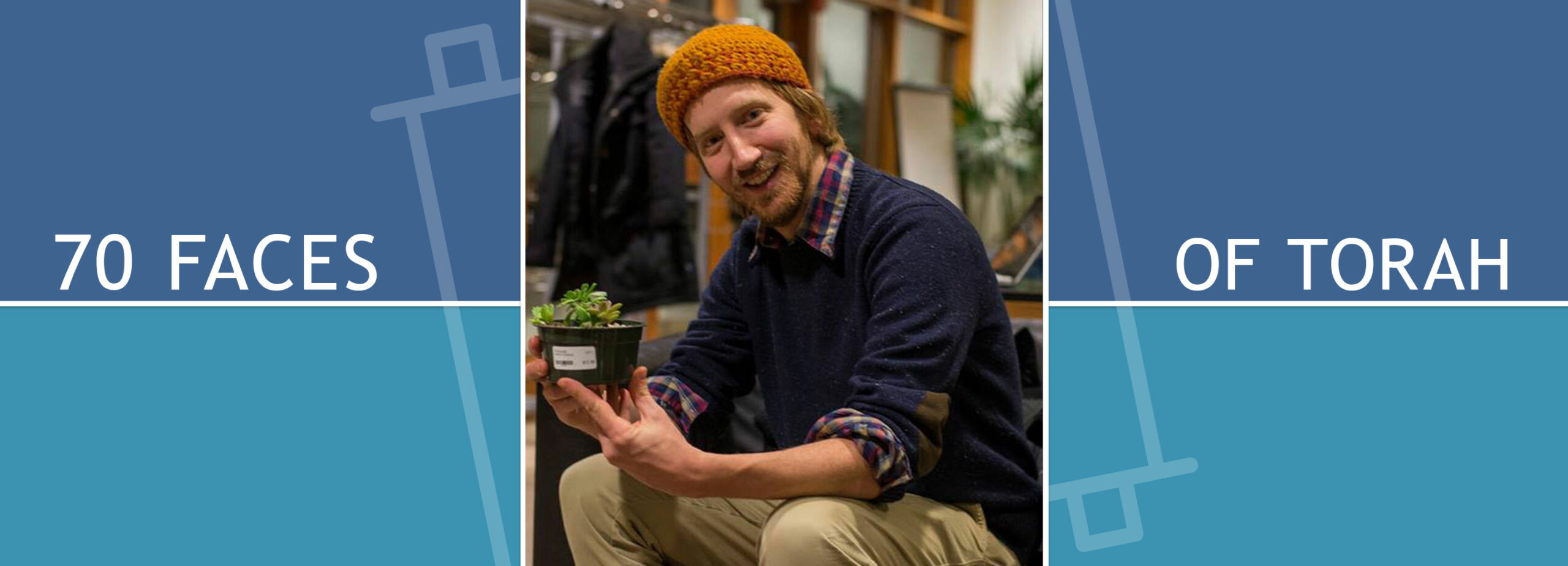Numbers How Far We Haven’t Come

Parshat Naso, B’midbar 4:21-7:89
There should be a name for the particular sense of pride, the utter self-righteousness, that arises when we modern readers encounter the deeply problematic practices of our Israelite ancestors and proclaim our own cultural advancement. There is truly no better time to assert our moral superiority, to affirm our ethical evolution, than when we confront ancient rituals like that of the ordeal of the bitter waters for a woman suspected of adultery, that we find in this week’s parashah, Naso. How can we not feel that we’ve ascended beyond the baseness of our forbearers when we learn about the dehumanizing treatment of women within our most foundational texts?
In Numbers 5:11-31, the strange rite that rabbis will call sotah is detailed and transmitted. In just twenty verses, we learn that a woman accused by her husband of adultery should be brought to a priest, her head made bare, forced to drink bitter waters, her hand taken and manipulated by the priest to lift up an “offering of jealousy”. The dusty water that she’s been made to ingest might cause her belly to distend; should this happen, she will be considered a curse to her people. In just twenty verses, we are made to imagine a world in which a woman can be shamed, humiliated, and victimized by a society that accepts and upholds male supremacy. The chapter concludes with a verse that seems to strike at a deeper meaning of this disturbing ritual: “The man shall be clear of guilt, but that woman shall suffer for her guilt.”
Perhaps it is at this point that we especially begin to feel that aforementioned sense of moral superiority, of how far we’ve come. Baruch HaShem, thank God, that this is not the world we inhabit.
Then, we read news reports and especially hear the words of the victim in the Stanford rape case that were published last week, shared widely on social media and read aloud on news sources–and immediately our air of superiority dissipates. The pedestal onto which we’ve climbed to look down on our biblical ancestors is kicked out from under us; their misogyny is our own, their degradation is our own. In the end, it seems that to envision a world in which the ordeal of bitter waters might take place requires no feat of imagination at all, only that we open our eyes to the bitter ordeal that victims of a sexual assault are so often made to endure in our criminal justice system.
In our own time, it seems, we’ve devised a ritual that shames and dehumanizes survivors of sexual violence; in the name of justice we demand mortification. As the Stanford woman wrote in her statement to the judge:
Instead of taking time to heal, I was taking time to recall the night in excruciating detail, in order to prepare for the attorney’s questions that would be invasive, aggressive, and designed to steer me off course…This was a game of strategy, as if I could be tricked out of my own worth.
Indeed this may be the greatest similarity between the ordeals past and present; they are meant to be theatrical and exhausting, but more than anything they are meant to devalue the testimony of women, to trick them out of their own truth. Mishnah Sotah, the earliest rabbinic passage that describes the rite, makes explicit the desire to intimidate and wear out the women who were living through this experience. Building on the information provided in this week’s Torah portion, the sages of the Mishnah fill in the details of the ritual of sotah in all their sordid glory. Now there will be torn clothing, exposed bodies, more shame, more indignity.
Yet, even as they expand on the specifics of the bitter waters, in typical fashion, the rabbinic voice also arises to subvert the ritual. The Mishnah relates that when society grew more promiscuous, the great sage Rabbi Yochanan ben Zakkai abolished the practice altogether. Strangely, right along with elaborately describing and defining the sotah ritual, the sages are bold enough to ban it.
As talmudic scholar Daniel Boyarin writes, “What we find here is a defining moment in the assertion of rabbinic power in the abrogation of a rite that is frequently associated with the most extreme misogyny—and precisely in the context of accounts of rabbinic misogyny.” Another scholar of Talmud, Judith Hauptman, similarly argues that, while far from feminist, the rabbinic voice pushes the tradition in the direction of an anti-misogynist agenda.
Here we stand, thousands of years from the world in which this text came into being–and still we grapple with official practices that demean and dehumanize women. As a rabbi on a college campus, I have encountered far too much pain, far too much shame, and far too much acceptance of a culture of sexual violence. I can’t merely sit and be present as tears slowly and quietly streak their way down the faces of the young people with whom I work.
I plead with my communities and my generation to recognize the ongoing legacy of social norms like those reflected in Parshat Naso, to not pretend that they are mere relics of the distant past, and to connect the trials of women long ago with the trials of women in our day. May we, in the spirit of Yochanan ben Zakkai, educate ourselves about the “rituals” of a system that humiliates and oppresses—and then, obliterate them.
Rabbi Jordan Braunig Rab’14 was ordained at the Rabbinical School of Hebrew College in Newton, MA and is Director of the Initiative for Innovative Community Building at Tufts University Hillel. You can also read this blog in The Huffington Post.

